
American doctor Tom Catena dedicates himself to the Nuba people in Sudan during a relentless campaign of bombing by war criminal Omar Al-Bashir.
You May Also Like
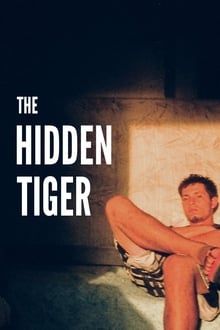
Juninho, Menor, Neguinho, Adilson and Eldo are young residents of the Bairro Nacional, outskirts of Contagem, in Minas Gerais, Brazil. Divided between work and fun, crime and hope, each will have to find ways of overcoming difficulties and taming the tiger inside their veins.
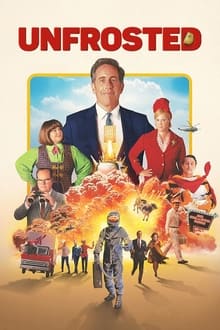
In a time when milk and cereal ruled breakfast, a fierce corporate battle begins over a revolutionary new pastry.

In the feature documentary FROM THE GROUND UP, former meat-eating college football player Santino Panico goes on a journey to rediscover the athlete within–this time, as a vegan. As he meets with vegetarian and vegan elite competitors, this story about food and sport expands to confront the social norms and far-reaching impacts of food choices.

Meet Beau Dick gives an intimate look into the life of one of Canada’s greatest artists. Beau Dick worked within an ancient tradition and rose to the ranks of international success within the white cube world of contemporary art.

It is one of the most iconic images of our time: two African-American medal winners at the 1968 Olympics standing in silent protest with heads bowed and fists raised as “The Star Spangled Banner” is played. This documentary film is a revealing exploration into the circumstances that led runners Tommie Smith and John Carlos to that historic moment at the Mexico City Games, mining the great personal risks they took and the subsequent fallout they endured.

A woman in Pakistan sentenced to death for falling in love becomes a rare survivor of the country’s harsh judicial system.

Ending the Silence explores patriarchal and hierarchal structures in the church that foster the devaluing and demonizing of sex, women, and the LGBTQ community.
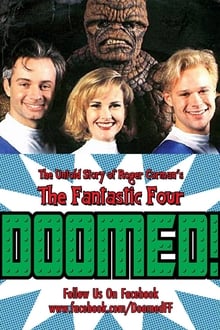
A history of the ill-fated 1994 production of “The Fantastic Four” that was executive produced by Roger Corman.
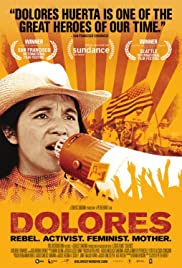
Dolores Huerta bucks 1950’s gender conventions by starting the country’s first farm worker’s union with fellow organizer Cesar Chavez. What starts out as a struggle for racial and labor justice, soon becomes a fight for gender equality within the same union she is eventually forced to leave. As she wrestles with raising 11 children, three marriages, and is nearly beaten to death by a San Francisco tactical police squad, Dolores emerges with a vision that connects her new found feminism with racial and class justice.
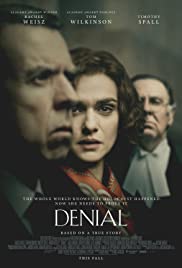
Acclaimed writer and historian Deborah E. Lipstadt must battle for historical truth to prove the Holocaust actually occurred when David Irving, a renowned denier, sues her for libel.
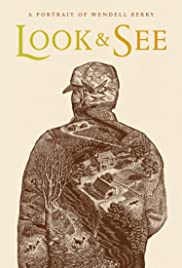
A cinematic portrait of farmer and writer Wendell Berry. Through his eyes, we see both the changing landscapes of rural America in the era of industrial agriculture and the redemptive beauty in taking the unworn path.
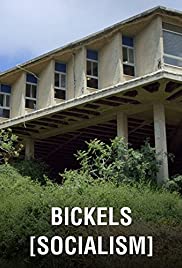
The ‘Casa do Povo’ cultural centre in São Paulo, an icon of the secular Jewish workers’ movement: a crumbling theatre flanked by staircases, entryways and corridors. Construction noise drones away in the background, clinking crockery, a broom sweeping over tiled floors, an expressive façade of countless adjustable panes of glass covered by a patina. It’s October 2016 and a group of young people are preparing a preview of Bickels [Socialism]. The venue is to form a prologue to the completed film, which tours 22 buildings in Israel designed by Samuel Bickels, most of which for kibbutzim. Dining halls, children’s houses, agricultural buildings, bright structures inserted into the Mediterranean landscape with great ingenuity. An architecture with a sell-by date: That many are now empty or have been repurposed at best is linked to the decline of the socialist ideals they embody.